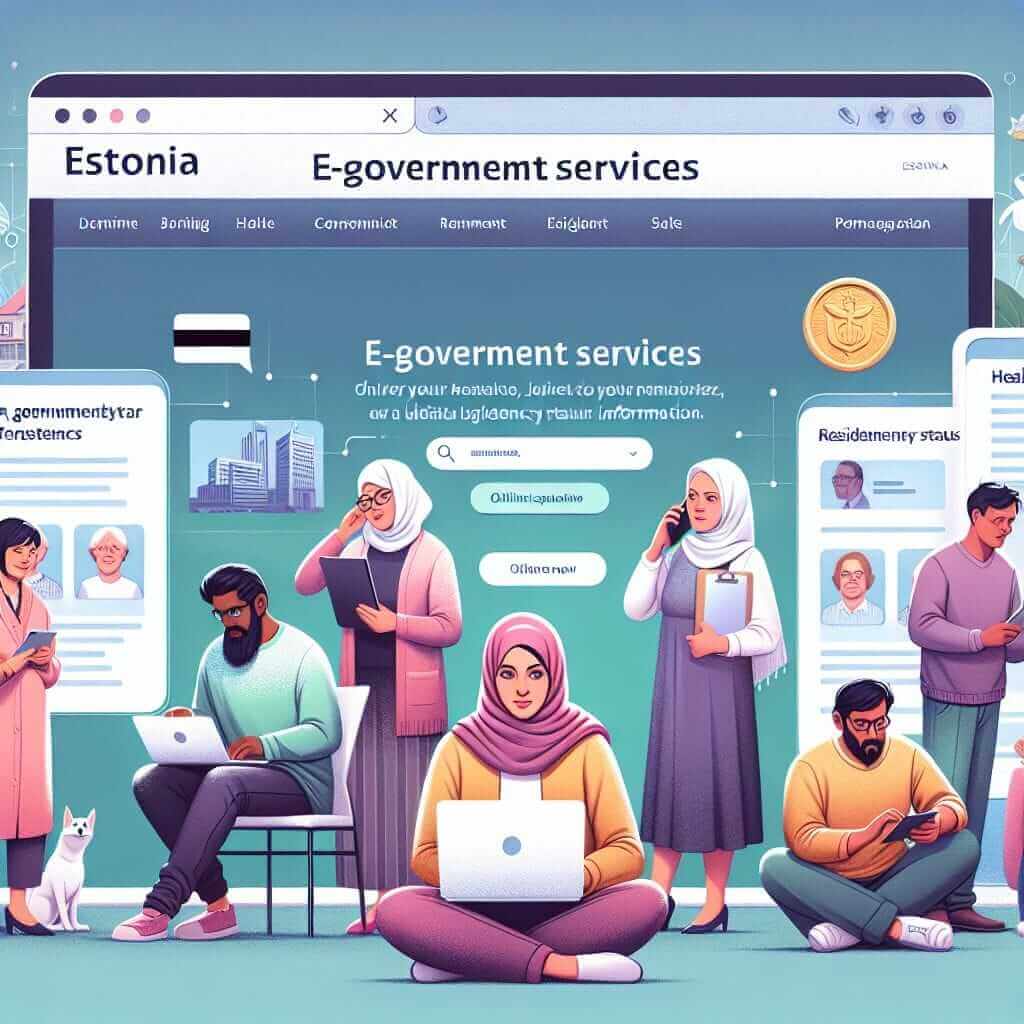“The role of digital transformation in the public sector” is a topic frequently appearing in IELTS Writing Task 2, especially in the current technological era. This signifies the growing importance of technology in our society and its impact on public services. Expect to encounter questions exploring the advantages, disadvantages, and overall impact of digitizing government services.
Here are some potential IELTS Writing Task 2 questions related to this topic:
- To what extent do you agree or disagree that digital transformation is crucial for the public sector to improve efficiency and citizen satisfaction?
- Some people believe that digital transformation in the public sector poses significant risks to privacy and security. Discuss both views and give your opinion.
- What are the challenges and opportunities presented by digital transformation in the public sector?
Sample Essay: Analyzing the Advantages and Disadvantages
Let’s delve deeper into the first question:
To what extent do you agree or disagree that digital transformation is crucial for the public sector to improve efficiency and citizen satisfaction?
Essay Analysis
This question falls under the “Opinion” essay type, requiring you to present your viewpoint on the importance of digital transformation for the public sector. You need to provide a clear stance – whether you agree, disagree, or partially agree – and support it with relevant examples and logical reasoning.
Model Essay
Digital transformation has become an inevitable trend across various sectors, and the public sector is no exception. I strongly agree that embracing digital tools and strategies is crucial for governments to enhance efficiency and elevate citizen satisfaction.
Firstly, digital transformation streamlines bureaucratic processes, making them faster and more efficient. Instead of relying on manual paperwork and physical visits to government offices, citizens can access services online, submit forms digitally, and track their application status in real-time. This saves time and effort for both citizens and government employees, ultimately leading to increased productivity. For example, Estonia’s e-government initiative, which allows citizens to access a wide range of public services online, from paying taxes to voting, has significantly reduced bureaucracy and improved service delivery.

Furthermore, digitalization fosters transparency and accountability within the public sector. By making information readily available online, governments can empower citizens to hold them accountable for their actions. Online platforms can also facilitate citizen engagement through public consultations, feedback mechanisms, and online forums. This two-way communication builds trust and ensures that public services are tailored to citizens’ needs.
However, concerns regarding data privacy and security are valid. As governments collect and store vast amounts of personal information online, ensuring robust cybersecurity measures are in place is paramount. Failure to do so could lead to data breaches and identity theft, eroding public trust. Therefore, while embracing digital transformation, governments must prioritize data protection and cybersecurity protocols.
In conclusion, despite the challenges, the benefits of digital transformation for the public sector far outweigh the risks. By simplifying processes, enhancing transparency, and fostering citizen engagement, digital technologies have the potential to revolutionize public service delivery and ultimately improve people’s lives.
(Word Count: 298 words)
Writing Tips
- Use topic-specific vocabulary: Incorporate words like “e-governance,” “digital infrastructure,” “cybersecurity,” and “citizen engagement” to demonstrate your understanding of the topic.
- Provide real-world examples: Illustrate your arguments with relevant examples of successful digital transformation initiatives in the public sector, like Estonia’s e-government system or India’s Aadhaar biometric identity program.
- Acknowledge both sides: While presenting your stance, acknowledge counterarguments regarding privacy and security concerns. This demonstrates a balanced perspective.
- Conclude effectively: Summarize your key points and restate your opinion in the conclusion.
Vocabulary
- Digital transformation (noun) /ˌdɪdʒɪtəl træns.fɔːrˈmeɪ.ʃən/: the integration of digital technology into all areas of a business or organization, fundamentally changing how it operates and delivers value to its customers.
- Public sector (noun) /ˈpʌb.lɪk ˌsek.tər/: the part of an economy that is controlled by the government.
- Efficiency (noun) /ɪˈfɪʃ.ən.si/: the good use of time and energy in a way that does not waste any.
- Citizen satisfaction (noun) /ˈsɪt.ɪ.zən ˌsæt.ɪsˈfæk.ʃən/: the level of contentment that citizens feel with the services and governance provided by their government.
- Streamline (verb) /ˈstriːm.laɪn/: to make a system, process, or organization more efficient and simpler.
- Bureaucracy (noun) /bjʊˈrɒk.rə.si/: a system of government or administration, especially one that is very complicated and inflexible.
- Transparency (noun) /trænˈspær.ən.si/: the quality of being open and honest, especially in a way that allows people to see what is happening.
- Accountability (noun) /əˌkaʊn.təˈbɪl.ə.ti/: the fact of being responsible for what you do and able to give a satisfactory reason for it, or the degree to which this happens.
- Cybersecurity (noun) /ˌsaɪ.bə.sɪˈkjʊə.rə.ti/: the protection of computer systems from theft or damage to their hardware, software or electronic data, as well as from disruption or misdirection of the services they provide.
- Erode (verb) /ɪˈroʊd/: to gradually destroy something or make it weaker over a period of time.
Conclusion
Digital transformation in the public sector is a complex and multifaceted issue. When crafting your IELTS Writing Task 2 response, focus on providing a clear and well-structured argument, using relevant vocabulary and supporting your points with compelling examples. Remember to acknowledge potential drawbacks while highlighting the significant advantages this transformation offers for governments and citizens alike.